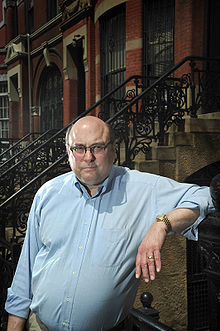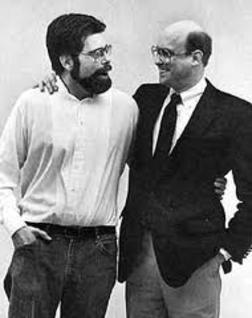The human beast of the title is Jacques Lantier, a railwayman operating between Paris and Le Havre, and at first he seems like a perfectly normal gentleman. A bit of a loner, but polite and kind and not without friends, and a quiet professionalism in his work. But then, while on a two day stop in Paris while awaiting repairs to his train, he meets up with an old love and during their dalliance goes into a trance and tries to strangle her to death. He snaps out of his trance just in time, however, and gives a tortured non-apology to the girl by way of explaining that he comes from a family of such intense alcoholics that he goes into blind drunken rages where he wants to kill every woman he sees, despite never having had a drink.in his life. If that pseudo-scientific explanation beggars disbelief, I would say it's best to not take it literally. A holdover from the novel the film is based on, it seems to be a metaphor for a larger theme about the 'sins of the father' that was excised from the script. In the film, I believe it can be taken as a wild-card proof of the movie's title. Several characters attempt to harness Jacques and manipulate him into doing their bidding, but of course he is the human beast, a wild animal, and can never truly be trusted to act against his nature.
While on his two day layover, Jacques becomes witness to a murder committed by the station master, Roubaud, and his wife, Severine. Severine had been having an affair, and a jealous Roubaud pressured her into helping him murder the man. Jacques witnessed not the actual murder, but the two leaving the scene of the crime, and he allows that shadow of a doubt to eventually convince him of Severine's innocence once he begins to fall in love with her. Roubaud, for his part, is now happy to let his wife court the affections of another man if it will keep him out of jail. It isn't long before Severine is planting ideas of Roubaud's murder into Jacques' ear.
And so the stage is set for a classic film noir. A wrong-man murder mystery, a jealous husband, a manipulative femme fatale, and a decent but damaged hero with a mental condition straight out of a Jim Thompson novel. And yet, the film came out in 1938, at a time where the tenets of film noir had yet to be cast in stone, and so events proceed at a more naturalistic pace. The film is more mournful than the two fisted crime films that would come later, and slows down enough to show the characters dealing with the actual emotional consequences of their actions, not just the legal ones. And yet, perhaps paradoxically, the film also has moments of lightness. There is genuine camaraderie and affection between characters, most specifically in Jacques and his partner Pecqueux, and the film contrasts it's darker moments with non-ironic notes of happiness that balance the tone.
And so the stage is set for a classic film noir. A wrong-man murder mystery, a jealous husband, a manipulative femme fatale, and a decent but damaged hero with a mental condition straight out of a Jim Thompson novel. And yet, the film came out in 1938, at a time where the tenets of film noir had yet to be cast in stone, and so events proceed at a more naturalistic pace. The film is more mournful than the two fisted crime films that would come later, and slows down enough to show the characters dealing with the actual emotional consequences of their actions, not just the legal ones. And yet, perhaps paradoxically, the film also has moments of lightness. There is genuine camaraderie and affection between characters, most specifically in Jacques and his partner Pecqueux, and the film contrasts it's darker moments with non-ironic notes of happiness that balance the tone.



